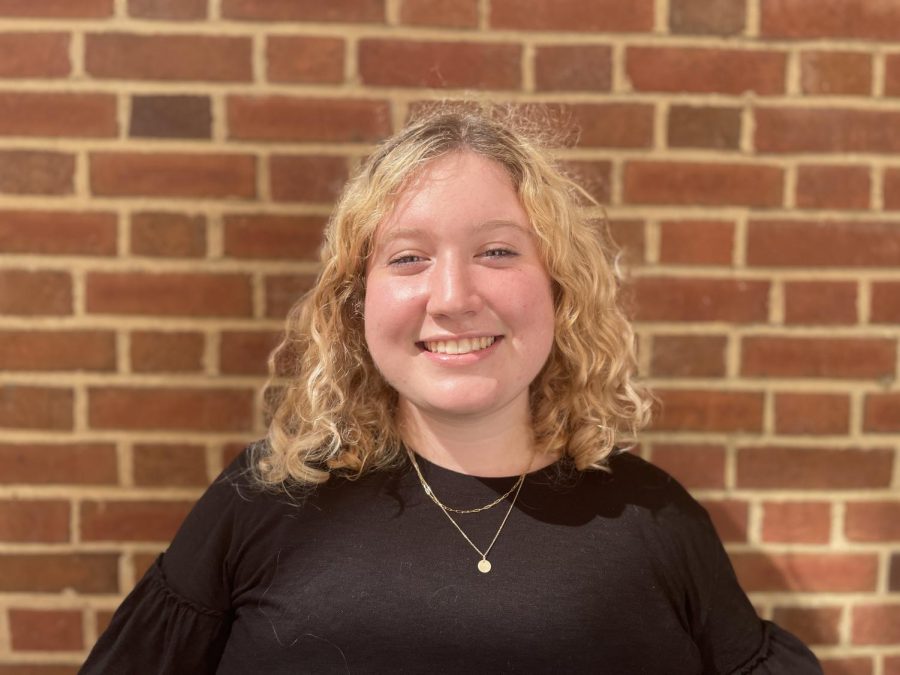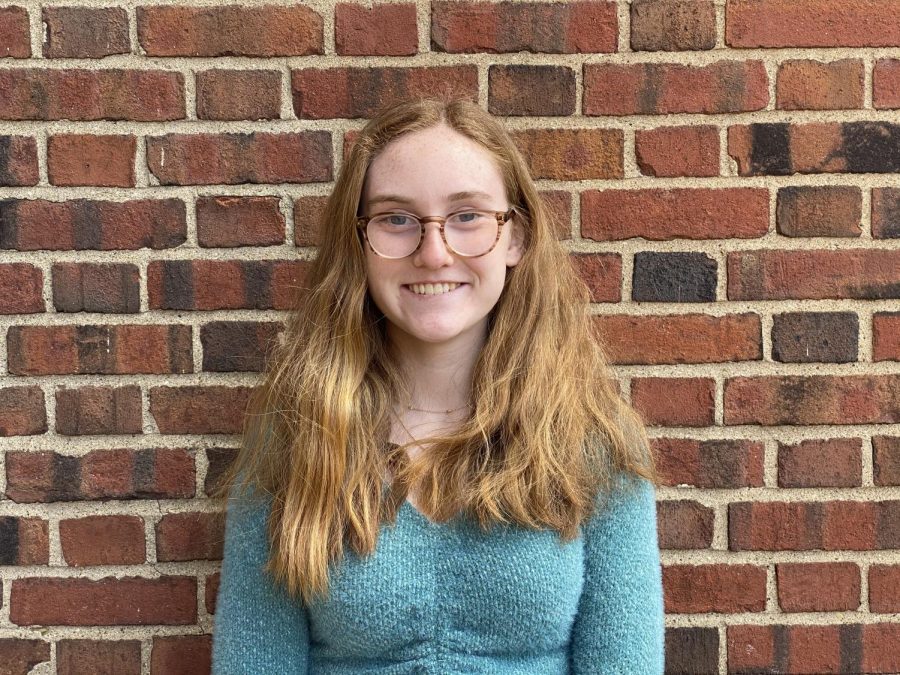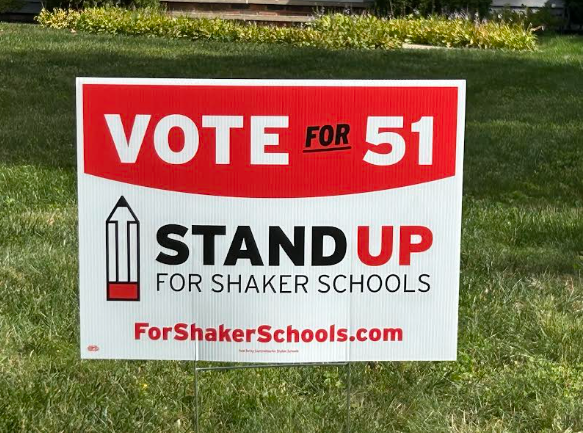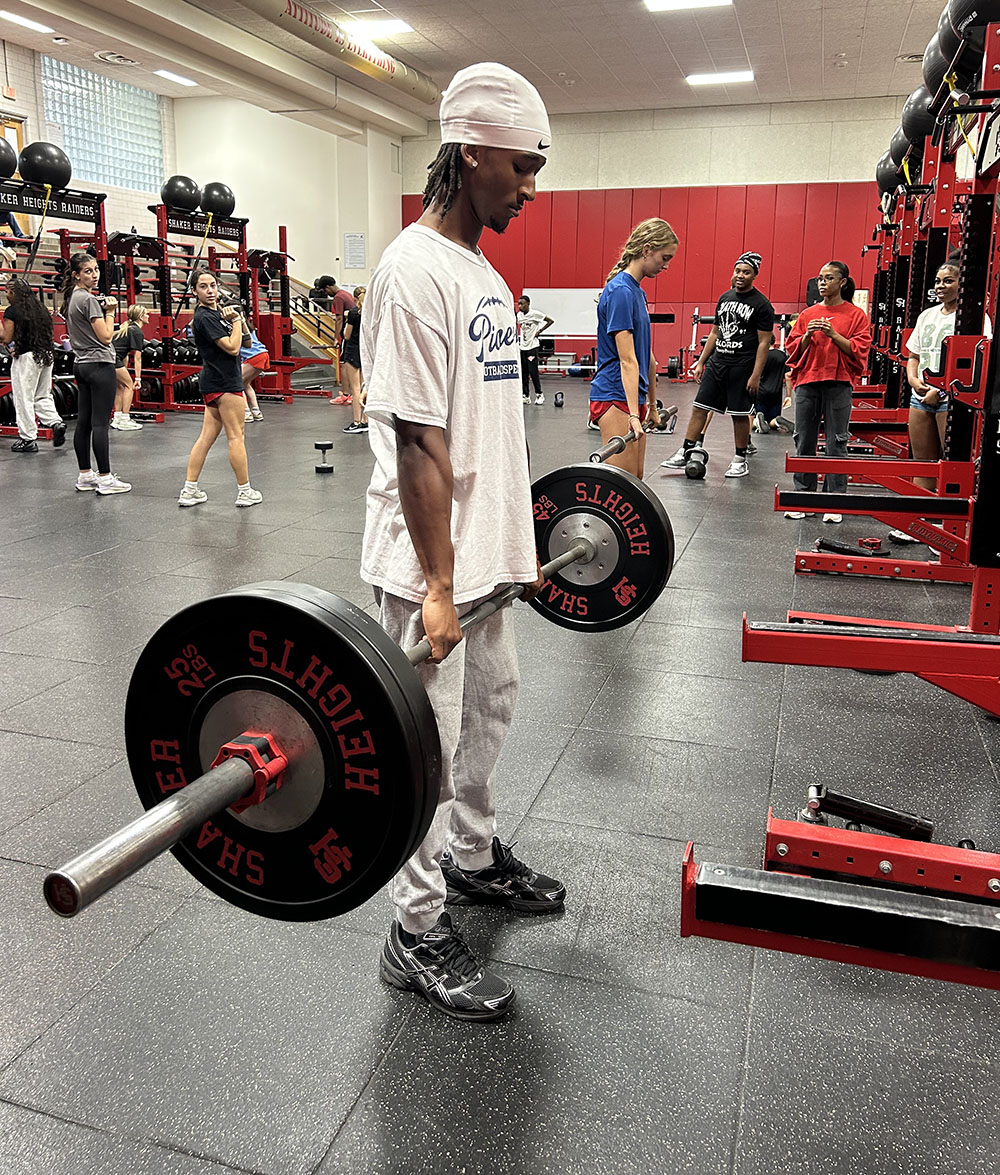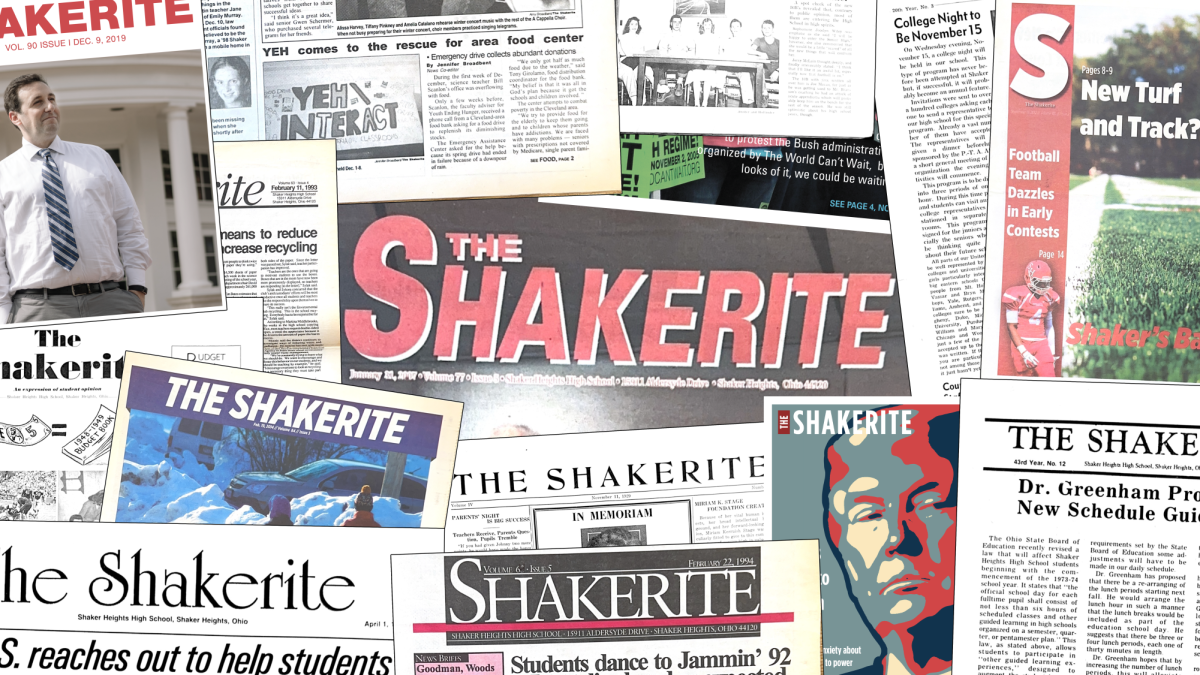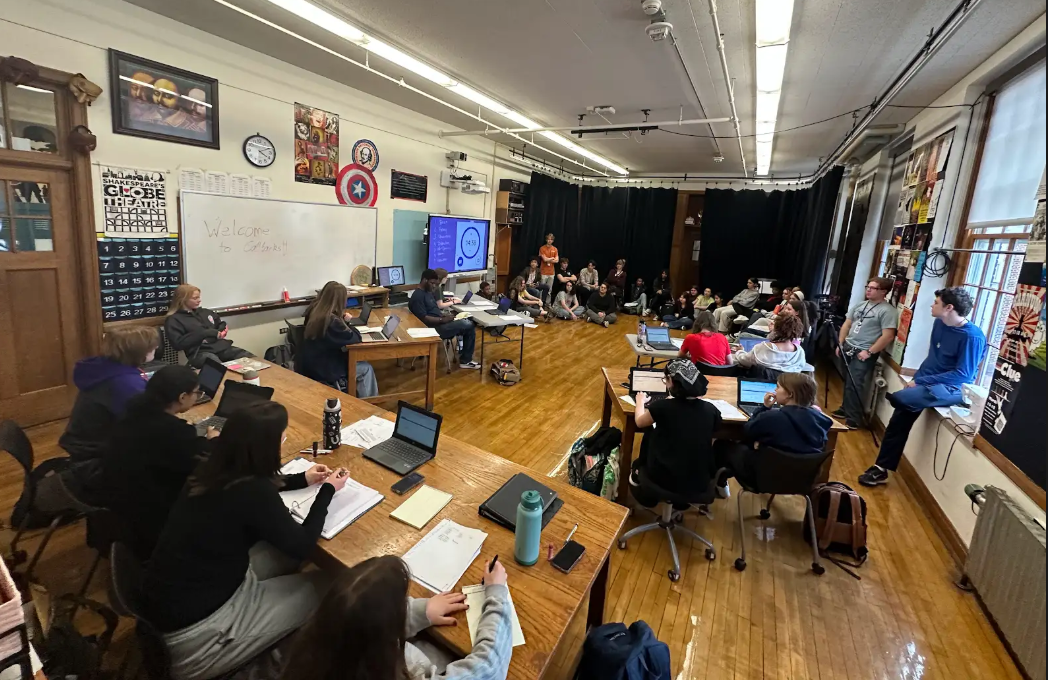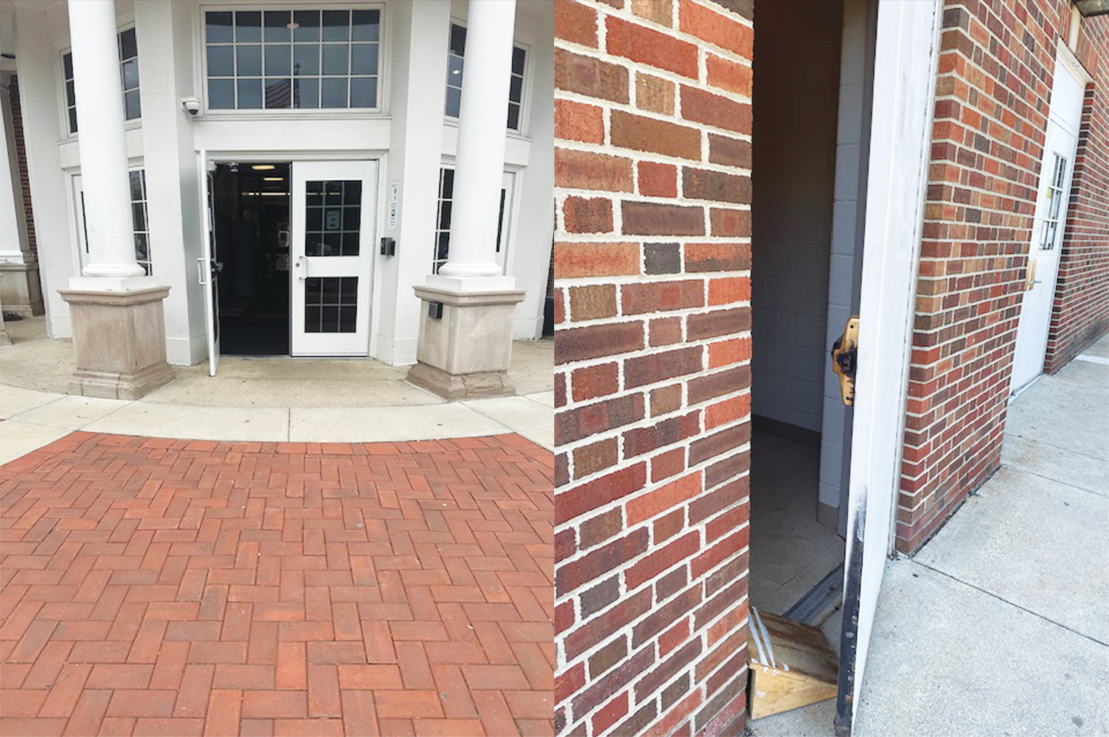 For two weeks this September, I along with the rest of The Shakerite editorial board hosted each of the six candidates running for a seat on the Board of Education. We interviewed them about topics ranging from our weapons-detection system to DEI programs to budget concerns.
For two weeks this September, I along with the rest of The Shakerite editorial board hosted each of the six candidates running for a seat on the Board of Education. We interviewed them about topics ranging from our weapons-detection system to DEI programs to budget concerns.
Before this year, I wasn’t informed about the BOE’s role in our schools and the community. But as a member of The Shakerite editorial board, it was my responsibility to educate myself. We weren’t just interviewing candidates on a whim — this October, our editorial board will carefully review everything we know about each candidate, and select who to endorse for the three open seats on the BOE. It’s a responsibility we don’t take lightly.
Being primarily an editor for the past two years, I’ve strayed from the reporter’s side of the newsroom. This year, I became reacquainted with it as I developed a list of set, specific questions to ask each candidate about the issues that our editorial board felt were most relevant in this election — especially to students, teachers and parents at the high school — our primary audience. As our editorial board brainstormed how to interview the candidates, we brought up various topics: gun violence and security, school facilities, budget concerns, the achievement gap and more. Later, I sat down and developed each of these concerns into pre-written, specific, sharp questions to ask our interviewees. With each interview we conducted, I became more confident in prying for stronger answers from each of the candidates. I learned how to ask the right follow-up questions to gather more details about facts or statistics that were referenced. I learned to not accept a vague answer, but to dig deeper and find the information we needed.
But meeting with these candidates, seated a few feet away from me, and being allowed to ask them these hard questions is a privilege. Across the country, journalism is currently under attack. In February, the Associated Press was told that unless it aligned its editorial standards with President Donald Trump’s executive order — renaming the Gulf of Mexico as the Gulf of America — it would be denied access to the Oval Office, Air Force One and other limited spaces. Most recently, the Trump administration has said that they will revoke the press credentials of journalists covering the Defense Department who do not comply with new pledge requirements — journalists will not obtain or publish any information, even unclassified, unless it has been expressly authorized by the government. Journalists aren’t treated as essential communicators of information and awareness; they’re viewed, both by the Trump administration and much of the public, as adversaries. Many don’t even have the opportunity to interview political candidates due to this barrier, let alone receive the answers the public deserves.
This upcoming election may only be local, but that doesn’t make it unimportant. Having the ability to do our job and ask the questions that the Shaker community needs us to is vital. So, we encourage our readers to stay in contact with us. If there is something that you feel you don’t have adequate information on — a question unanswered by the administration, the school board, or anyone else — let us know. Compose a letter to the editor, reach out via email, or leave a comment on one of our web stories. Stay in communication, and we’ll provide the answers you need. Journalistic barriers may be increasing federally, but that doesn’t mean we won’t continue to provide relevant news to our community. Our readers deserve the unfiltered truth with no pushback.
A version of this editor’s note appears in print on page 2 of Volume 96, Issue 1, published Sept. 26, 2025.


